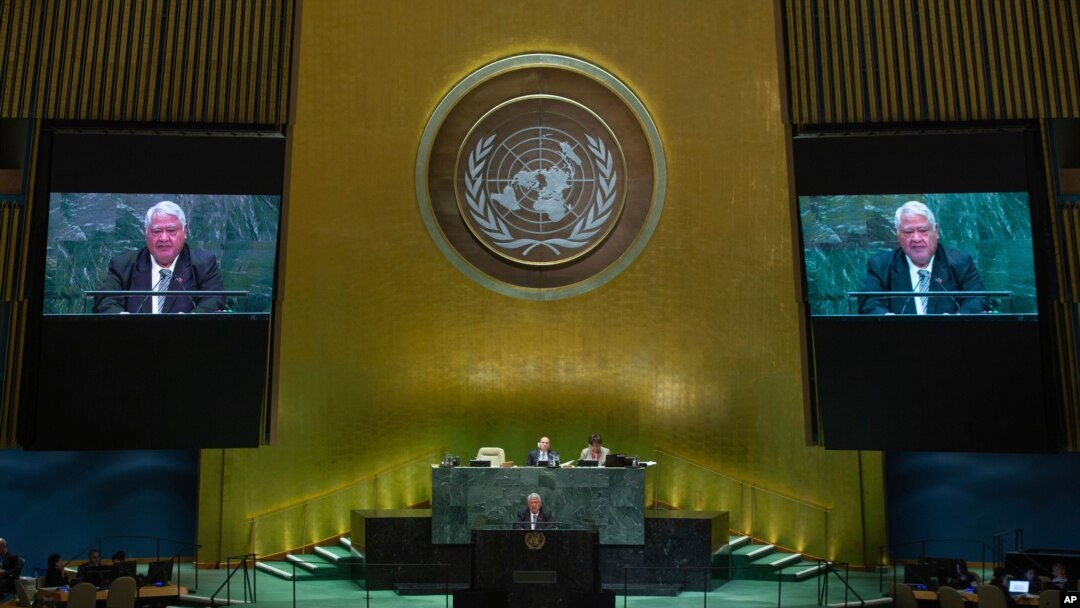Your browser doesn’t support HTML5
For Multilateralism to Succeed All Must Join In
Soon after the Second World War, the most powerful nations in the world recognized that other nations’ success was critical to their own. So, as members of the newly-founded United Nations, they “adopted a set of principles to prevent conflict and alleviate human suffering; to recognize and defend human rights; to foster an ongoing dialogue to uphold and improve a system aimed at benefiting all people,” said Secretary of State Antony Blinken in a speech before the UN Security Council on May 7.
However, “Now, some question whether multilateral cooperation is still possible,” said Secretary Blinken. Nonetheless, “Multilateralism is still our best tool for tackling big global challenges.”
But for the system to deliver, all countries must abide by it and put in the work for its success.
“There are three ways we can do that,” said Secretary Blinken.
“First, all members should meet their commitments – particularly the legally binding ones. That includes the UN Charter, treaties and conventions, UN Security Council resolutions, international humanitarian law, and the rules and standards agreed to under the auspices of the World Trade Organization and numerous international standard-setting organizations.”
Second, human rights and dignity must stay at the core of the international order.
Third, all nations must recognize that the United Nations is based on the principle of the sovereign equality of its member-states.
“A state does not respect that principle when it purports to redraw the borders of another; or seeks to resolve territorial disputes by using or threatening force; or when a state claims it’s entitled to a sphere of influence to dictate or coerce the choices and decisions of another country. And a state shows contempt for that principle when it targets another with disinformation or weaponized corruption, undermines other countries’ free and fair elections and democratic institutions, or goes after journalists or dissidents abroad.”
Finally, “it’s not enough simply to defend the rules-based order we have now. We should improve and build upon it.”
“At the founding of [the United Nations], [then-President Harry] Truman said, “This Charter was not the work of any single nation or group of nations, large or small. It was the result of a spirit of give-and-take, of tolerance for the views and interests of others,” said Secretary Blinken. “It was proof that nations can state their differences, face them, and find common ground on which to stand.”


